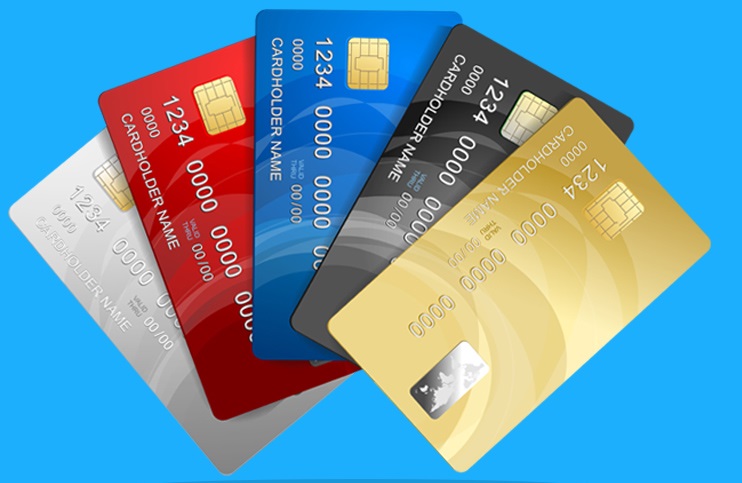What are the types of credit cards?
Having a credit card in your wallet can be convenient, given you pick the perfect one, like Chase Ink, and properly manage it. Several reward credit cards offer a variety of benefits, like cash back or travel perks. Finding a card that suits your needs can also save you time and money if you are a student looking for your first card or have problems paying off credit card debt. Therefore, it’s crucial to understand how to get the best credit card.
- Credit cards for retail establishments
Co-branded credit cards are available from some retailers. These can either only be used at the affiliated store or can be used anywhere, depending on the card. Store credit cards give cardholders access to in-store special deals as well as the ability to earn points, or cashback offers when shopping at particular locations. Store credit cards are typically easier to get approved for than other credit cards, but be cautious because store credit cards typically have greater interest rates. Opening a store credit card for a store where you regularly shop can be a simple way to save money as long as you pay back your balance immediately.
- Credit cards for small businesses
Small business credit cards, as the names suggest, are used to make purchases and help maintain your personal and business expenses separate. To qualify for a business credit card, you must provide basic financial details about your business. Even if your company is financially secure, the card issuer will probably require additional assurance that you and your company are at good credit risk. As a result, most small business cards require a personal guarantee, which indicates that you, as the business owner, will have a challenging investigation drawn on your personal credit report, bringing down your credit score for a period of time.
- Cards for rewards
With a rewards credit card, you can accumulate points, cash back, or airline miles for your purchases. Some cards provide a flat rate of cash-back rewards, while others provide more points for purchases made in particular spending categories. Flat-rate rewards cards provide a set amount of cashback or points on all credit card purchases and are ideal for cardholders who prefer a simple rewards structure. The reward earnings on items purchased made in different categories, such as dining and travel, are higher with tiered rewards cards. Using a rewards credit card is a simple way to earn money on everyday purchases.
- Cards for student
Students in college with little credit records can use student credit cards as a type of starter card. Because they are intended to help young adults establish credit, they usually do not have strict approval requirements or annual fees. Many student cards also provide rewards in categories that are appealing to students, such as cashback on restaurants and leisure, while others make earning rewards simple by giving cardholders flat-rate cash back as they start building their credit.
- Cards that are secure
Secured cards are available to individuals who have minimal to no credit records or have poor credit in particular. Your credit limit on a secured card is determined by the amount of the cash deposit you make straightaway, so you can still start building a credit record while the lender does not have to take a risk on you. These cards won’t have the same lending control as most cards, but they’re a good place to start if you’re trying to establish credit from the ground up or keep improving your poor credit score. In fact, if you have a history of good credit management, some secured cards will instantly upgrade you to an unsecured card.
- Cards for travel
Choosing a travel card can be a wise decision for frequent fliers. Travel cards are designed to provide cardholders with points or miles that can be utilized to pay for travel expenses. They also include additional benefits that are appealing to travelers, such as free checked-in luggage, rental protection, lounge access, and priority boarding. Many of them also do not charge foreign transaction fees. Some travel cards let you redeem points or miles via hotel and airline partners, whereas others are co-branded with a particular airline, such as Delta or United.

